As the oldest student-run free health clinic in the United States, UNC School of Medicine’s Student Health Action Coalition (SHAC) exemplifies the great things that happen when students, faculty, and alumni come together to improve the health of the North Carolinians who need it most.

When a small group of medical students founded SHAC in 1967, it’s doubtful they anticipated that 50 years later the free clinic would be providing servicesranging from basic medical care to dental care and mental health services to more than 550 patients annually.
Dr. Adam Goldstein, now Professor and Director of Departmental Advancement in the Department of Family Medicine, was SHAC’s faculty medical director in the 1990s, a time of rapid growth for the clinic. The rapid growth meant that SHAC was able to serve more patients in need. It also meant that student volunteers had to raise an increasingly large budget each year on top of their work to provide high-quality patient care. Dr. Goldstein noted this trend and took action. He received a grant from the American Association of Medical Colleges (AAMC) to fund a partnership between SHAC and Habitat for Humanity while also planning for a SHAC alumni endowment. In just four years, the SHAC endowment raised $180,000 from clinic alumni and other donors—an accomplishment far beyond what Dr. Goldstein ever expected. With this sustainability, students could spend more time on the front lines meeting community needs.

Now, 15 years later, SHAC continues to innovate and adapt in order to provide free health services to its uninsured and underinsured neighbors in Carrboro, Chapel Hill and Durham. SHAC Co-CEOs, Emma Bick, a joint MD/MPH student, and Caroline Kegerreis, an MHA student, describe the robust and community-responsive services SHAC offers: Once a week, SHAC’s medical and dental clinics provide care to Triangle-area residents who otherwise couldn’t afford care. Through outreach programs such as Amigas En Salud and the Refugee Health Initiative, SHAC volunteers go out into the community to reach vulnerable populations. Newer clinics within SHAC such as Mental Health, Gender Affirming Care, and Bridge to Care address emerging needs in the communities SHAC serves.
The Co-CEOs describe SHAC as the “heart and soul of health care.” And, for both, SHAC played a key role in drawing them to graduate school at UNC. Caroline’s interview day at the Gillings School of Global Public Health included a feature on SHAC. She recalls thinking to herself, “I want to get involved with SHAC,” adding, “little did I know I’d be Co-CEO a year later.” Emma is currently in the process of applying for pediatric residencies, and her experience at SHAC has shaped who she is as a medical professional.
“SHAC has changed me. Working alongside exceptional people from across the health care disciplines is motivating and inspiring,” she says.
Philanthropy, particularly among SHAC alumni, and student leadership have been critical to the clinic’s success, observes Dr. Georgette Dent, Associate Dean for

Student Affairs at the UNC School of Medicine.
When asked to reflect on what makes SHAC so special, Dr. Dent shares, “What I love best about UNC is that our students don’t wait until they get their MD tomake a difference. Our students start at day one to make a difference.”
Caroline, Emma, and their fellow SHAC volunteers see many more opportunities to make a difference through SHAC—an ultrasound machine and an electrocardiogram machine would increase the clinic’s diagnostic capacity, and the ability to move to electronic medical records would be a game-changer in coordinating care with UNC. If there’s one theme that has transcended its more than 50 years of existence, it’s SHAC’s ability to bring together those who are committed to improving quality of care for North Carolina’s vulnerable populations.
To be a part of SHAC’s community-driven approach to improving health care, please visit SHAC’s donation portal.
